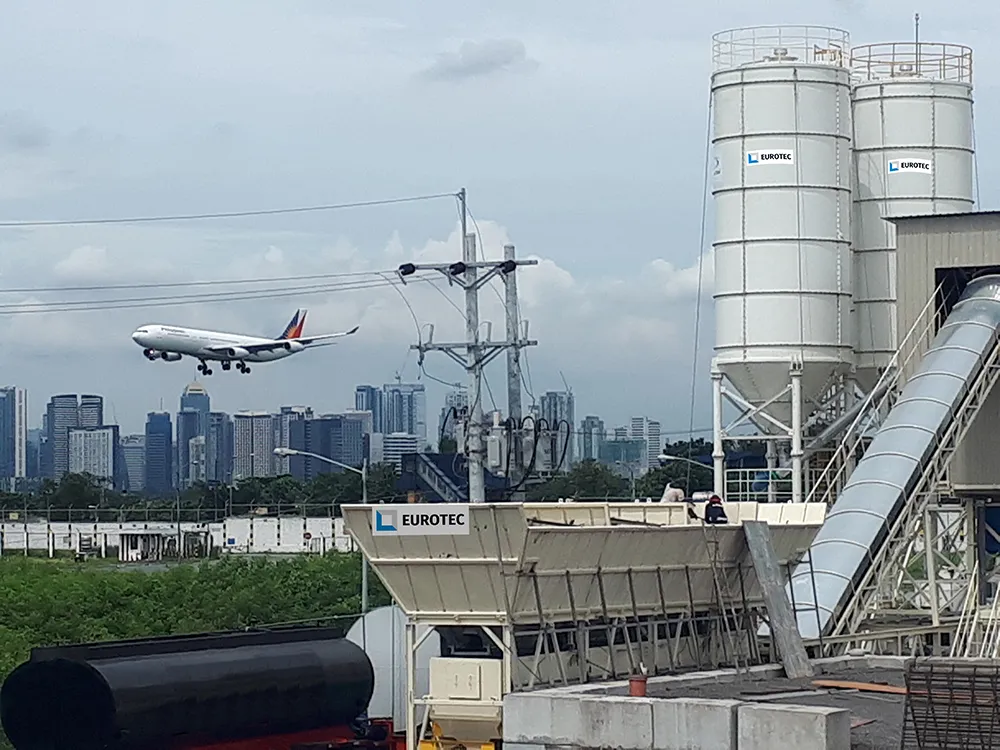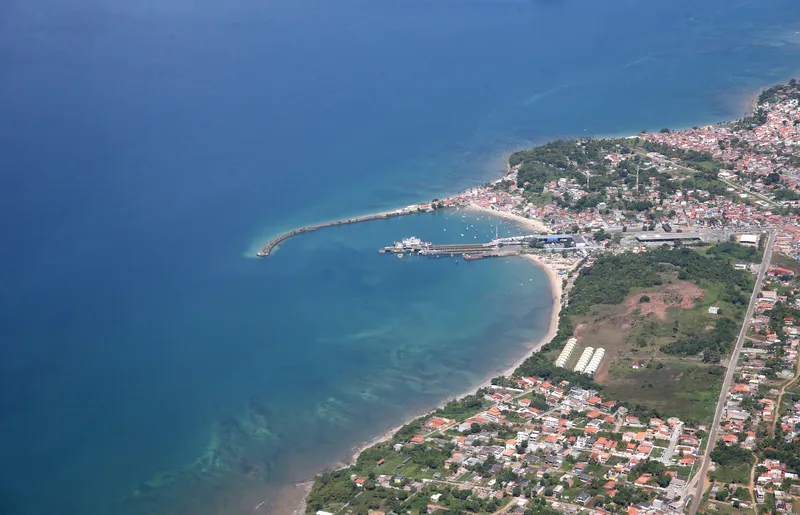The president of infrastructure group San Miguel has mooted that a 2km toll bridge be built to connect the small island holiday resort of Boracay with the Larger Panay Island.
Boracay - just over 10km2 - is an increasingly popular international tourist destination around 315km south of the Philippine capital Manila and 2km off the northwest tip of Panay in Western Visayas island group. The island is blessed with exceptionally white sand beaches and is administered by the Philippine Tourism Authority and
June 8, 2016
Read time: 2 mins
The president of infrastructure group San Miguel has mooted that a 2km toll bridge be built to connect the small island holiday resort of Boracay with the Larger Panay Island.
Boracay - just over 10km2 - is an increasingly popular international tourist destination around 315km south of the Philippine capital Manila and 2km off the northwest tip of Panay in Western Visayas island group. The island is blessed with exceptionally white sand beaches and is administered by the Philippine Tourism Authority and the provincial government of Aklan.
The bridge would run from the town of Caticlan to Boracay, said San Miguel president Ramon Ang in an interview with the Philippine Daily Inquirer newspaper. The cost would be around US$100 million, he reportedly said.
“We proposed the idea to them [local authority]…,” said Ang. Tourism would be greatly boosted for both islands because a road would mean people headed for Boracay could stay in Caticlan overnight and not have to choose between one island and the other.
“We think what’s best is if everybody could stay and eat in Caticlan and go to Boracay to enjoy the beach,” Ang said.
Caticlan airport has recently been upgraded to accommodate the largest of jets.
San Miguel is one of the largest Philippines corporations, focused mainly on food but is branching out into infrastructure, power, mining and general construction work.
Earlier this year, the Philippines government said it might separate a 47km six-lane road construction element near Manila from a complicated land reclamation and dike development contract recently shunned by preferred bidders.
San Miguel Holdings was among the pre-qualified consortia. Others were Trident Infrastructure and Development consortium – consisting of SM Prime Holdings, Megaworld, Ayala Land and Aboitiz Equity Ventures – and the Alloy-PAVI LLEDP consortium.
None of the three qualified bidders for the Laguna Lakeshore Expressway Dike public-private partnership deal submitted final bids for the contract. There were concerns over the legality of reclaiming 700 ha of land and whether investors could make money from it.
Boracay - just over 10km2 - is an increasingly popular international tourist destination around 315km south of the Philippine capital Manila and 2km off the northwest tip of Panay in Western Visayas island group. The island is blessed with exceptionally white sand beaches and is administered by the Philippine Tourism Authority and the provincial government of Aklan.
The bridge would run from the town of Caticlan to Boracay, said San Miguel president Ramon Ang in an interview with the Philippine Daily Inquirer newspaper. The cost would be around US$100 million, he reportedly said.
“We proposed the idea to them [local authority]…,” said Ang. Tourism would be greatly boosted for both islands because a road would mean people headed for Boracay could stay in Caticlan overnight and not have to choose between one island and the other.
“We think what’s best is if everybody could stay and eat in Caticlan and go to Boracay to enjoy the beach,” Ang said.
Caticlan airport has recently been upgraded to accommodate the largest of jets.
San Miguel is one of the largest Philippines corporations, focused mainly on food but is branching out into infrastructure, power, mining and general construction work.
Earlier this year, the Philippines government said it might separate a 47km six-lane road construction element near Manila from a complicated land reclamation and dike development contract recently shunned by preferred bidders.
San Miguel Holdings was among the pre-qualified consortia. Others were Trident Infrastructure and Development consortium – consisting of SM Prime Holdings, Megaworld, Ayala Land and Aboitiz Equity Ventures – and the Alloy-PAVI LLEDP consortium.
None of the three qualified bidders for the Laguna Lakeshore Expressway Dike public-private partnership deal submitted final bids for the contract. There were concerns over the legality of reclaiming 700 ha of land and whether investors could make money from it.








